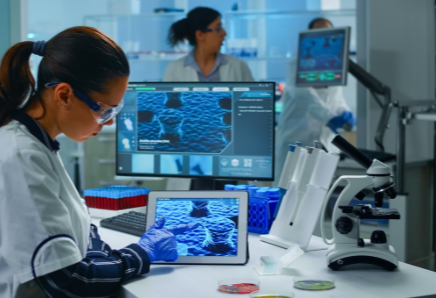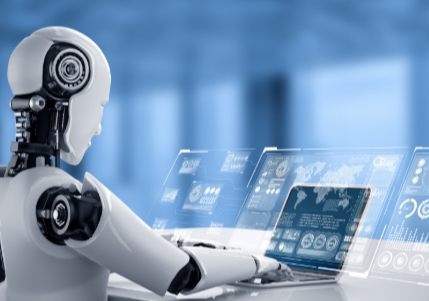The Impact of Machine Learning on Predictive Healthcare
The integration of machine learning in predictive healthcare marks a significant shift in the analysis and utilization of patient data. Advanced algorithms enable healthcare providers to forecast health risks and outcomes with increased precision. This capability not only supports timely interventions but also facilitates the development of personalized treatment strategies. However, the implications of these advancements extend beyond individual care, prompting a closer examination of operational efficiencies within healthcare systems and their potential effects on overall patient outcomes.
Transforming Diagnostics With Machine Learning
As advancements in technology continue to reshape the healthcare landscape, machine learning (ML) has emerged as a pivotal tool in transforming diagnostics.
By leveraging automated imaging and data-driven predictions, ML enhances the accuracy of disease identification and risk assessment.
This integration enables healthcare professionals to make informed decisions rapidly, ultimately fostering a more efficient diagnostic process that prioritizes patient outcomes and operational effectiveness.
Enhancing Personalized Treatment Plans
The advancements in machine learning not only enhance diagnostic capabilities but also facilitate the development of personalized treatment plans tailored to individual patient needs.
By utilizing sophisticated treatment algorithms, healthcare providers can analyze vast datasets, enabling personalized medicine to optimize therapeutic strategies.
This approach ensures that interventions are specifically designed to address the unique characteristics of each patient, thereby improving overall treatment efficacy and outcomes.
Streamlining Patient Care and Hospital Management
Although the integration of machine learning into healthcare systems is often associated with clinical applications, its impact on streamlining patient care and hospital management is equally transformative.
Future Trends in Predictive Healthcare Technology
Emerging technologies are poised to redefine predictive healthcare, building upon the operational efficiencies gained from machine learning in patient care and hospital management.
Future trends will likely emphasize enhanced data privacy measures and robust ethical considerations, ensuring patient autonomy is prioritized.
As predictive analytics evolve, the integration of real-time data will enable personalized treatments while addressing potential biases inherent in algorithms.
Conclusion
In a world where machine learning promises to revolutionize healthcare, one might wonder if algorithms will soon replace doctors entirely—after all, who needs human empathy when a data point can suggest the perfect treatment? Yet, as predictive analytics continues to refine diagnostics and personalize care, it becomes evident that the future of healthcare lies not in replacing the healer, but in augmenting their capabilities. The true challenge remains: balancing technological advancement with the irreplaceable human touch in patient care.





